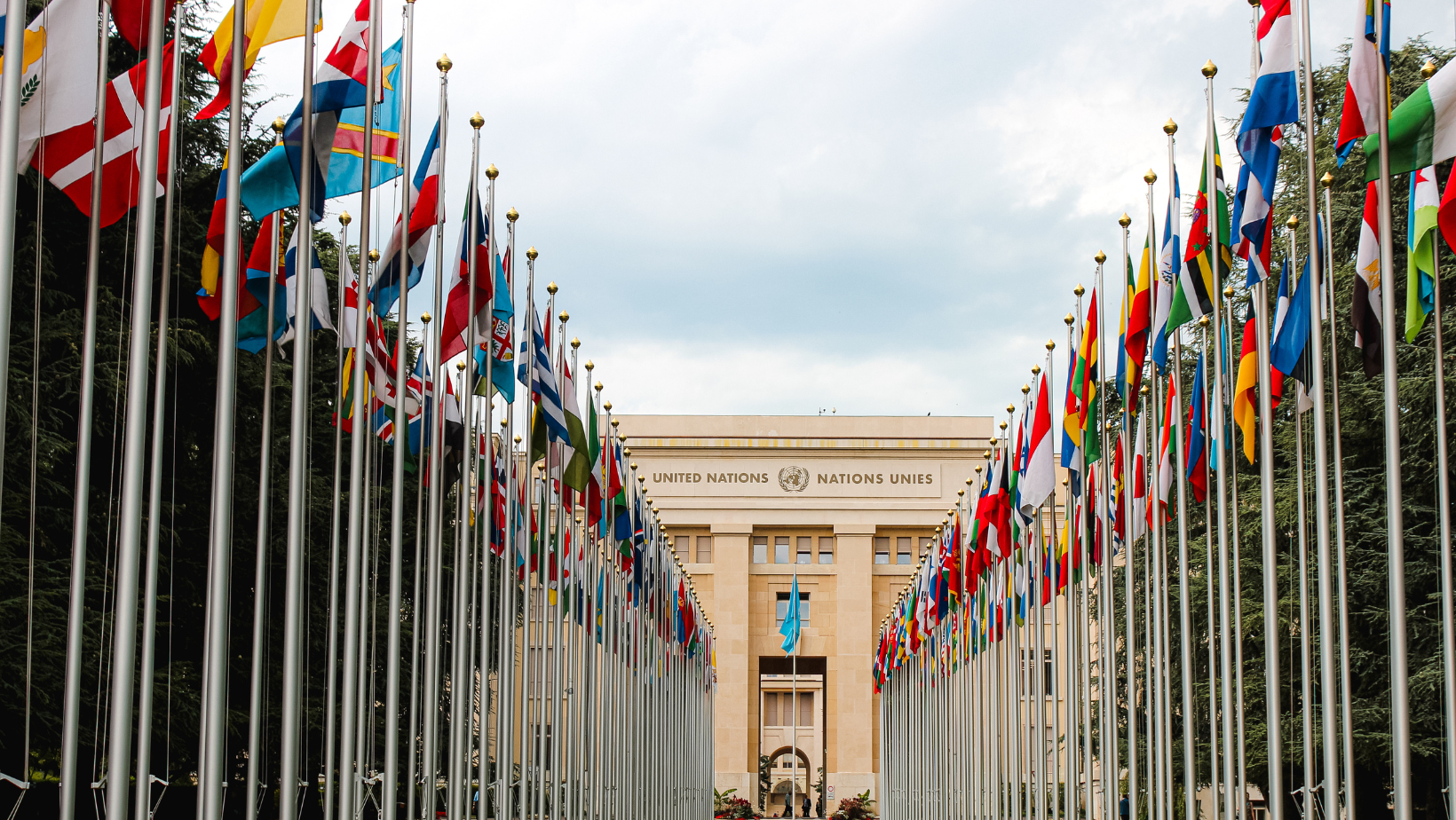The political, economic, and cultural ties between two nations are all aspects that make up what is known as “bilateral relations.”
The goal of establishing and maintaining bilateral ties is to increase mutual understanding and cooperation between nations.
When it comes to international relations, the relationship between one country and another, on a bilateral basis, is a fundamental pillar.
One of the most important ways to promote international collaboration is through bilateral relations.
The advancement of a nation’s international interests depends on effective bilateral relations.
Additionally, bilateral relations allow for the sharing of information and expertise, the attraction of foreign investments, the production of new goods/ services, and the provision of new employment opportunities for the younger generation.
Cultural and educational exchanges can foster goodwill, cooperation, and mutual understanding between the two countries, all of which can significantly boost public approval for the bilateral relationship.
Considering the global nature of the economy and the ease with which goods and services can be traded internationally, no nation can succeed without working in tandem with others to achieve a sustainable future.
To maintain their power and safety in an increasingly competitive globe, countries in the next decade will find that cultivating positive cultural relations is of paramount importance.
Yet, numerous political, economic, and developmental benefits are possible through effective bilateral relationships.
People are more likely to have trust in a country as well as a sense of social responsibility and connectedness that would be resistant to the highs and lows of a diplomatic relationship when they’ve gained firsthand knowledge of that country through traveling, research, or even other means, as well as a broader grasp of its history, culture, and economy.
The countries involved must be in agreement over the formation of diplomatic relations.
Historically, countries have sent emissaries and official ambassadors to one another to keep lines of communication open, avoid misunderstandings, and keep conflicts from escalating.
Foreign ministries, embassies, and diplomatic missions primarily aim to facilitate bilateral relations.
Increased bilateral diplomacy during the past few decades as a result of globalization and increased interdependence among countries has resulted in a broader range of topics being discussed internationally.
The nature of bilateral relations has evolved to be multifaceted, dynamic, and functional at various levels.
Ultimately, the goal of bilateral relations remains the same: to foster ties with other nations that are mutually beneficial and prioritized in light of one’s own objectives or goals.
Source: Crenov8
Read more on The Big 10:
The Impact of Globalization and International Trade on Business
The Impact of Technology on Business and the Economy, including Job Creation and GDP Growth
Export to Africa Reaches AED 2.94 billion, a 20% Month-on-Month Increase in June 2020


